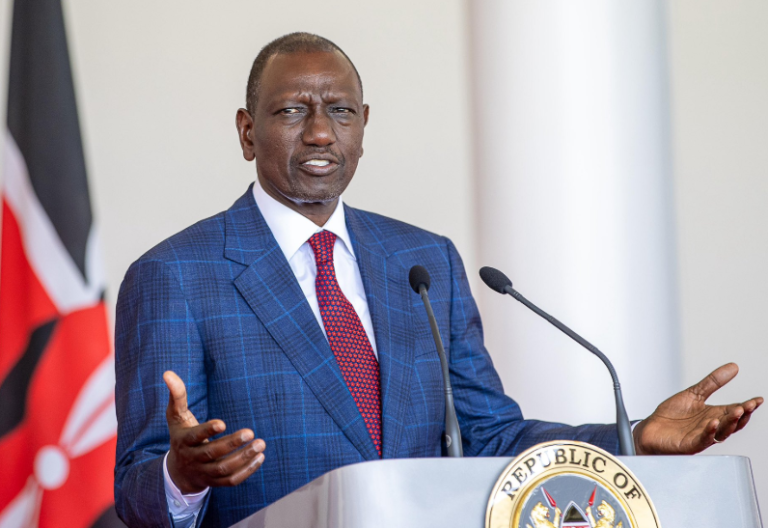In a startling blow to public finances, Kenya’s wage bill has hit a staggering KSh 1.25 trillion, with more than one million people now drawing salaries from taxpayers—consuming nearly half of total government revenue.
Recent data shows that as of June, the number of public service employees reached 1,054,425. This surge has sent the wage bill soaring, tipping it into expansionary territory that threatens the country’s financial stability and economic growth.
The implications are immediate and harsh. With salaries gobbling up almost 50 percent of government income, little remains for essential infrastructure, health, education, or debt servicing.
Kenya’s ability to deliver public services is being squeezed—and public expectations are rising, not falling.This spike reflects broader strain: Kenya is scrambling to balance staff demands, inflation pressures, and mounting expectations from a rapidly expanding bureaucracy.
Even as the workforce balloons, output struggles to keep pace, exposing lingering questions about productivity, efficiency, and fiscal discipline.
What’s at stake now?
Budgetary crisis: Government ministries risk being financially starved as wage commitments choke discretionary spending.
Service breakdowns: Hospitals, schools, and development projects may suffer as funds are diverted to salaries.
Urgent reforms needed: Without structural adjustments—such as wage moderation, workforce rationalization, or increased revenue streams—the situation threatens economic stability.Kenya’s leadership now faces a pivotal decision: prioritize fiscal sanity or sustain the payroll surge at the expense of national development.











Leave a Reply